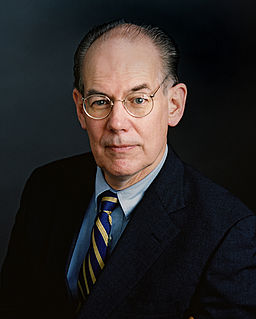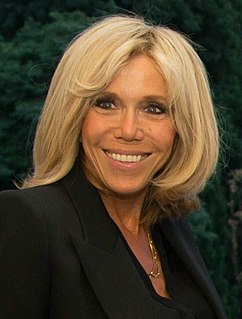A Quote by John Mearsheimer
The liberal tradition has its roots in the Enlightenment, that period in the eighteenth-century Europe when intellectuals and political leaders had a powerful sense that reason could be employed to make the world a better place.
Related Quotes
The idea that Christianity is basically a religion of moral improvement... has its roots in the liberal Protestantism of the late nineteenth century and early twentieth century... It is this stereotype which continues to have influence today... But then came the First World War... What had gone wrong was that the idea of sin had been abandoned by liberal Christianity as some kind of unnecessary hangover from an earlier and less enlightened period in Christian history.
I'm not so sure liberal democracy as we know it has reached its terminus. It's clear though, that many have genuinely lost confidence in the Australian political class. One reason is that we like to place enormous burdens of expectations on modern political leaders. To be sure such expectations aren't always honest. Just as we want better public services but object to paying the higher taxes that would make them possible, we often want leadership but only if there aren't hard choices with real consequences.
In Europe, the Enlightenment of the 18th century was seen as a battle against the desire of the Church to limit intellectual freedom, a battle against the Inquisition, a battle against religious censorship. And the victory of the Enlightenment in Europe was seen as pushing religion away from the center of power. In America, at the same time, the Enlightenment meant coming to a country where people were not going to persecute you by reason of your religion. So it meant a liberation into religion. In Europe, it was liberation out of religion.
In the period after the Second World War, there were still leaders in Europe who represented weak countries, but possessed a sense of global foreign policy. Nowadays, on the other hand, there are politicians who represent pretty powerful countries, but whose citizens are not prepared to sacrifice themselves for the state.
What makes 'The Marriage of Souls' such a wonderful book is Collins's intricate reconstruction of the late eighteenth-century world. Simplicity and philosophy are the hallmarks of eighteenth-century art and architecture. The classically pure lines look deceptively simple and unburdened by heavy symbolism or imagery.
I think different societies, cultures, individuals, teams of people, make the world a better place. The founding fathers, they made New England, they made those 13 colonies. I don't know if they thought they were changing the world or just changing their world, but they did make the world a better place. Doctors that cure patients or cure diseases or make discoveries, they're making the world a better place. Can I make the world a better place by selling underpants? Not really. That's just the means. That gives me resources to try to make the world a better place.


































